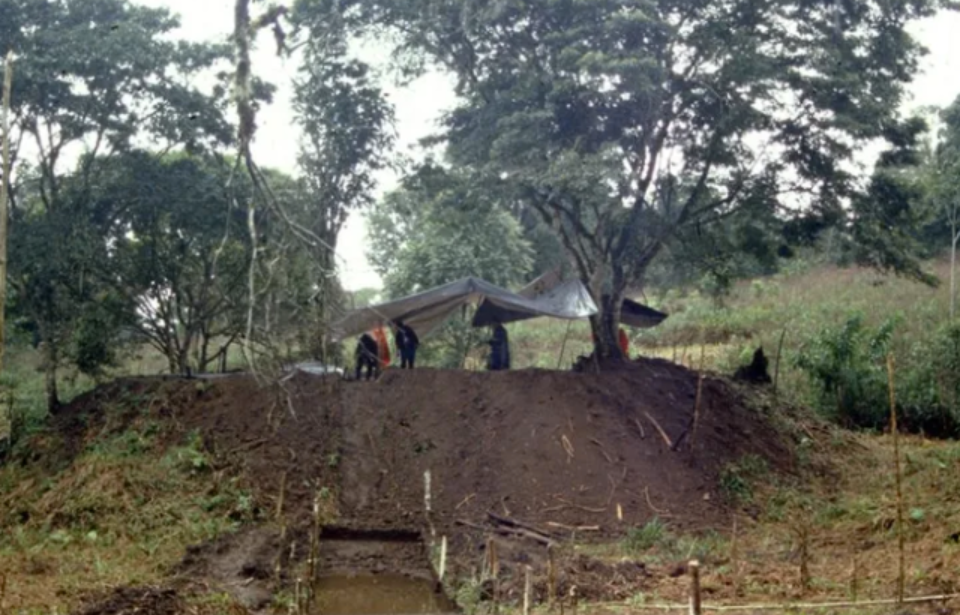In the depths of the Amazon, a monumental discovery has been made that is rewriting the history books. A vast ancient city, hidden for millennia beneath the lush green veil of the rainforest, has been uncovered, challenging long-held beliefs about the civilizations that once thrived in this region.
Enormous city emerges from the Amazonian veil
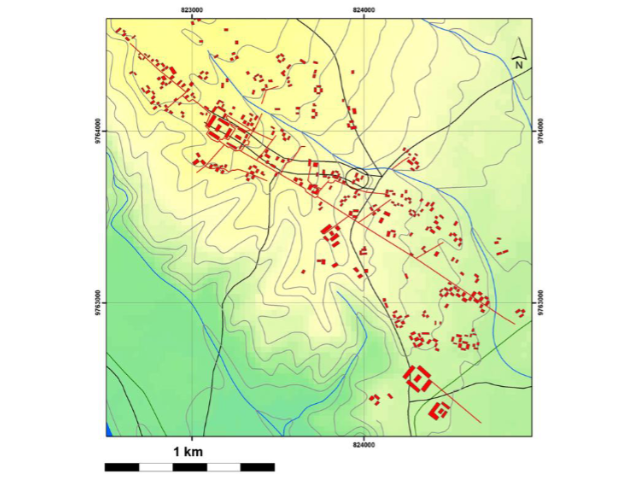
Dating back some 2,500 years, this ancient lost city stands as a testament to the advanced societies that existed long before European contact. The discovery in the Upano area of eastern Ecuador reveals a complex urban landscape complete with homes, plazas, and an intricate network of roads and canals. This civilization’s proximity to a volcano may have been both a blessing for fertile soils and a curse leading to its ultimate demise.
LiDAR technology reveals extensive ancient infrastructure
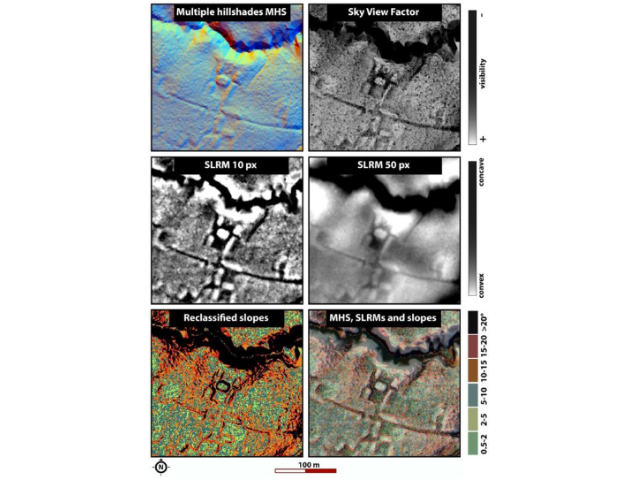
Thanks to the cutting-edge LiDAR technology, which penetrates the dense canopy from above, archaeologists have mapped out an astonishing 300 square kilometers of ancient infrastructure. The survey revealed around 6,000 platforms—believed to be the bases of dwellings and ceremonial spaces—all intricately connected by a network of roads and canals.
Archaeological findings indicate advanced societal organization
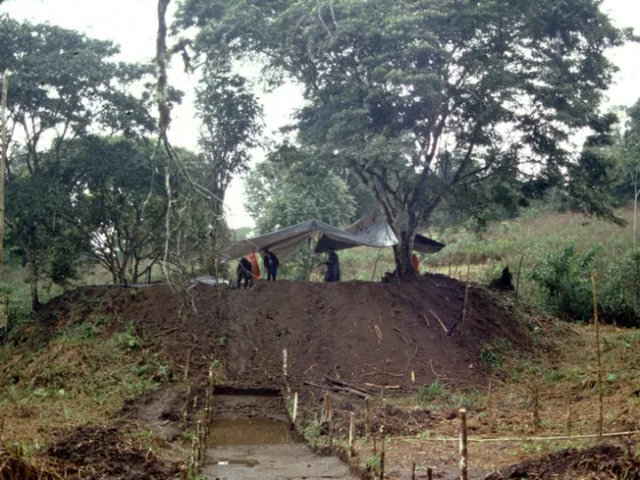
The sophistication of the road system, with its straight paths and right angles, points to a highly organized society that values connectivity and communal space. The presence of defensive ditches and canals suggests that this was a community well-versed in both the management of their abundant water resources and the defense of their homes against potential threats.
The Amazon’s hidden civilization rivals known ancient cultures
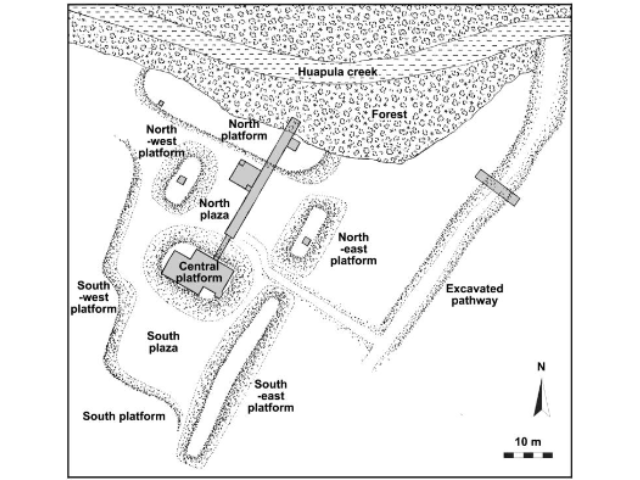
This ancient lost city’s scale and complexity are now being compared to the grandeur of the Mayan societies of Mesoamerica. With unique architectural features and patterns of land use, this civilization stands out as a distinct and significant culture in South American history.
Uncovering the daily life of the ancient Amazonians
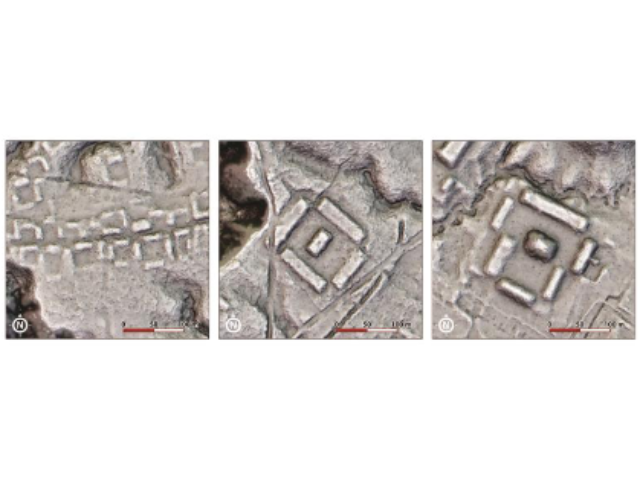
The daily life of the city’s inhabitants is slowly being pieced together through the discovery of pits, hearths, jars, and seeds. These findings suggest a society deeply engaged in agriculture, with diets likely consisting of maize, sweet potatoes, and perhaps even “chicha,” a fermented beverage akin to beer.
Read more: Chorazin: Jesus Christ Reportedly Put A Curse On This Ancient Village
As the veil continues to lift on this ancient lost city, researchers are eager to explore an additional 300 square kilometers that may hold even more secrets. The determination of archaeologists like Prof. Rostain, who pursued this research despite initial skepticism, has led to a discovery that not only enriches our understanding of the past but also reminds us of the vast untapped mysteries still waiting to be uncovered in the Amazon.
